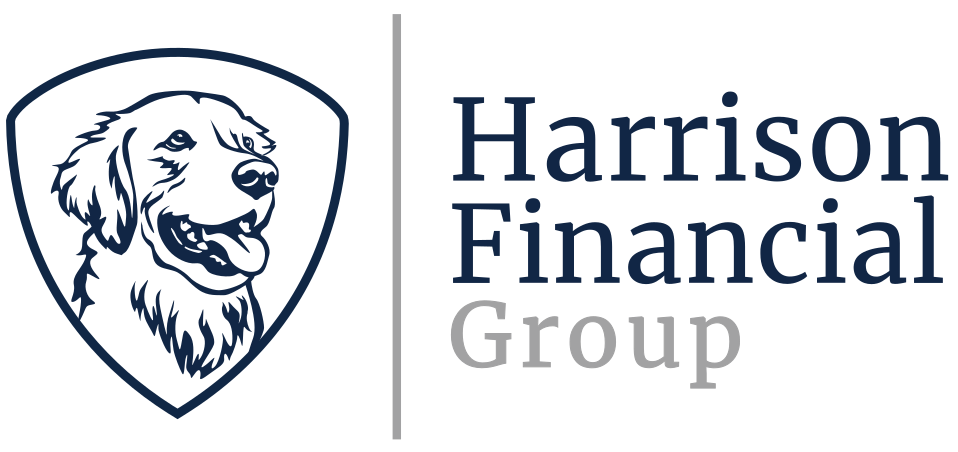Turning your vision of a profitable small business into a reality requires financing. According to research conducted by Shopify, most owners spend an average of $40,000 during their small business’s first year of operations. Regardless of your small business’s operations, you’ll incur expenses when running it. You can cover these expenses during your small business’s early years with financing while avoiding these financing traps:
1) Assuming Short-Term Loans Are Better Than Long-Term Loans
Short-term loans aren’t always better than long-term loans. While they do offer faster access to capital, they have some serious drawbacks compared to long-term loans. You can still apply for short-term loans, but you should look into long-term loans as well.
Short-term loans are defined by their short repayment period. You’ll usually have a few months to one year to repay them. Long-term loans, on the other hand, have a longer repayment period, such as two to five years. And with their longer repayment period, long-term loans are available in larger amounts and with lower interest rates
2) Charging Expenses on Personal Credit Cards
Avoid charging business-related expenses on your credit cards. The Internal Revenue Service (IRS) doesn’t necessarily prohibit the use of personal credit cards for business-related expenses, but it’s a bad habit that’s best avoided.
When using personal credit cards to pay for your small business’s expenses, you may struggle to track tax deductions. You’ll have to go through your credit card statements, which likely contain a combination of personal and business-related expenses. Furthermore, charging business-related expenses on your credit cards won’t build your small business’s credit; it will only build your credit.
3) Neglecting to Create a Business Plan
You should create a business plan before attempting to secure financing for your small business. Most banks, as well as many alternative lenders, require a business plan for business loans. With this document, they can offer personalized financial products and services based on your small business’s needs.
At the same time, a business plan allows banks and lenders to gauge your risk of defaulting on loans. They’ll evaluate your business plan to determine whether or not you can repay the loans. Neglecting to create a business plan means that banks and lenders will likely reject your applications.
4) Only Applying for Unsecured Loans
Another small business financing mistake to avoid making is only applying for unsecured loans. Most loans can be classified as either secured or unsecured. Secured loans are debt-based financial instruments that require collateral, whereas unsecured loans are debt-based financial instruments that don’t require collateral.
The problem with unsecured loans is that they can be difficult to obtain. Banks and lenders take on a greater risk with unsecured loans because, unlike with secured loans, they aren’t backed by collateral. Secured loans offer protection for banks and lenders. If you default on a secured business loan, the bank or lender can take ownership of your provided collateral. Of course, you’ll maintain ownership of the collateral as long as you repay the secured business loan.
5) Borrowing More Than You Can Afford
Many small business owners make the mistake of overborrowing. In other words, they borrow more money than the amount needed to finance their business’s operations. Overborrowing is a common financing mistake that can hurt your small business in several ways. When overborrowing, you’ll incur more interest fees.
Overborrowing can also lead to a higher debt-to-income (DTI) income, so you may struggle to get approved for additional loans in the future. It won’t affect your small business’s income, but it will increase your small business’s debt. Therefore, overborrowing will often cause a higher DTI. To avoid overborrowing, determine how much money your small business needs by calculating its expected expenses. You can then apply for a loan in this amount.
6) Overlooking SBA Loans
Don’t make the mistake of overlooking U.S. Small Business Administration (SBA) loans. SBA loans are a type of debt-based financial instrument that’s offered by banks in partnership with the SBA. SBA loans, though, are designed specifically for small businesses with fewer than 500 employees on their payroll.
There are a few different types of SBA loans. 7(a) SBA loans, for instance, have capped interest fees and offer a guaranteed portion to the bank or lender, whereas 504 SBA loans are long-term loans with fixed-rate financing that are intended for job creation and growth projects. Regardless, SBA loans are an attractive alternative to conventional business loans. They have lower requirements, lower interest rates, and more favorable terms.
7) Not Monitoring Your Credit
You should monitor your personal credit when seeking financing for your small business. Banks and lenders will often check your personal credit when you apply for a business loan. Even if your small business has good credit, poor personal credit could prevent you from getting approved for a business loan.
Monitoring your personal credit will allow you to see all of your open credit accounts and whether those accounts have red flags like late payments. You can also find your personal credit score by monitoring your personal credit. Most business loans require a personal credit score of 650 or higher. If your personal credit score is lower than 650, you should try to increase it before applying for a business loan. With a higher personal credit score, you’ll have an easier time getting approved for both personal and business loans alike.
To monitor your personal credit, request a report from the three main personal credit bureaus: Equifax, Experian, and TransUnion. The federal government requires all three bureaus to provide consumers with a free credit report once a year. You can obtain these free reports by visiting annualcreditreport.com, which is jointly operated by the three bureaus.
Financing is a necessity for all small businesses. When starting a small business, you may have to pay for inventory, marketing, insurance, office supplies, and countless other expenses. Whether you’re applying for a loan from a bank or an alternative lender avoid these financing mistakes at all costs or pay a steep price.




